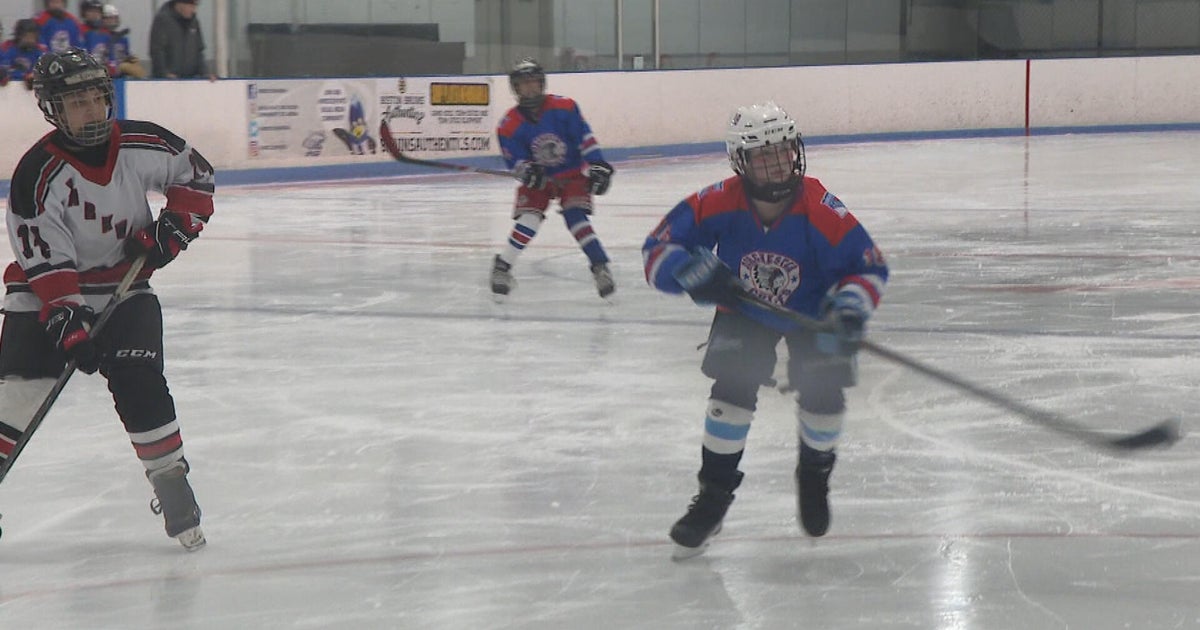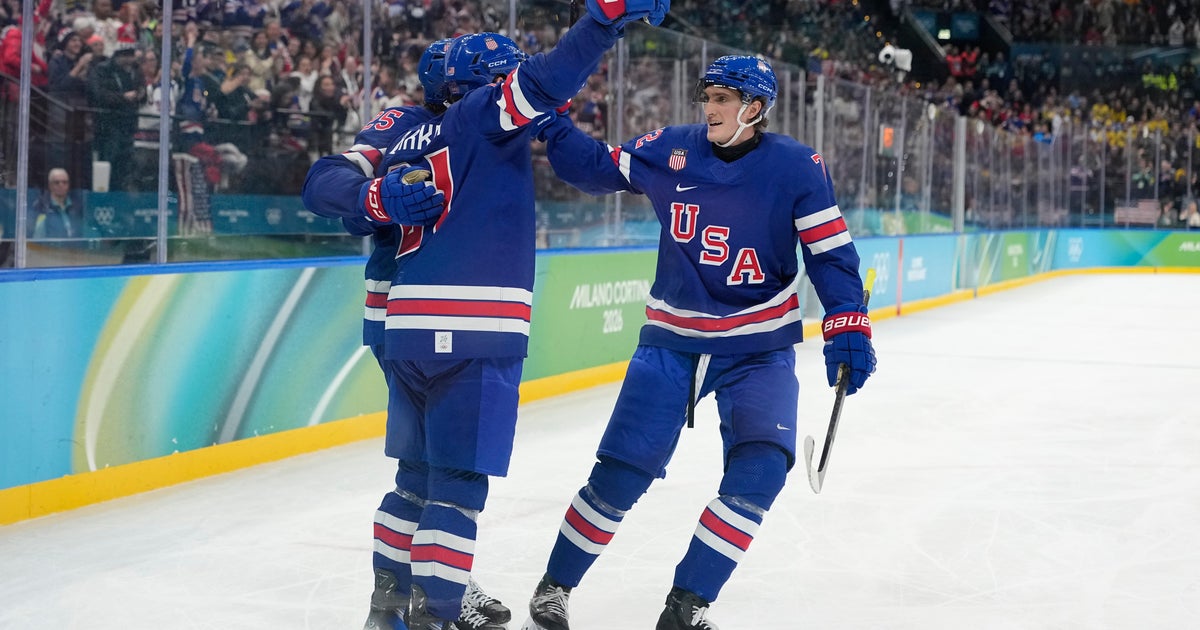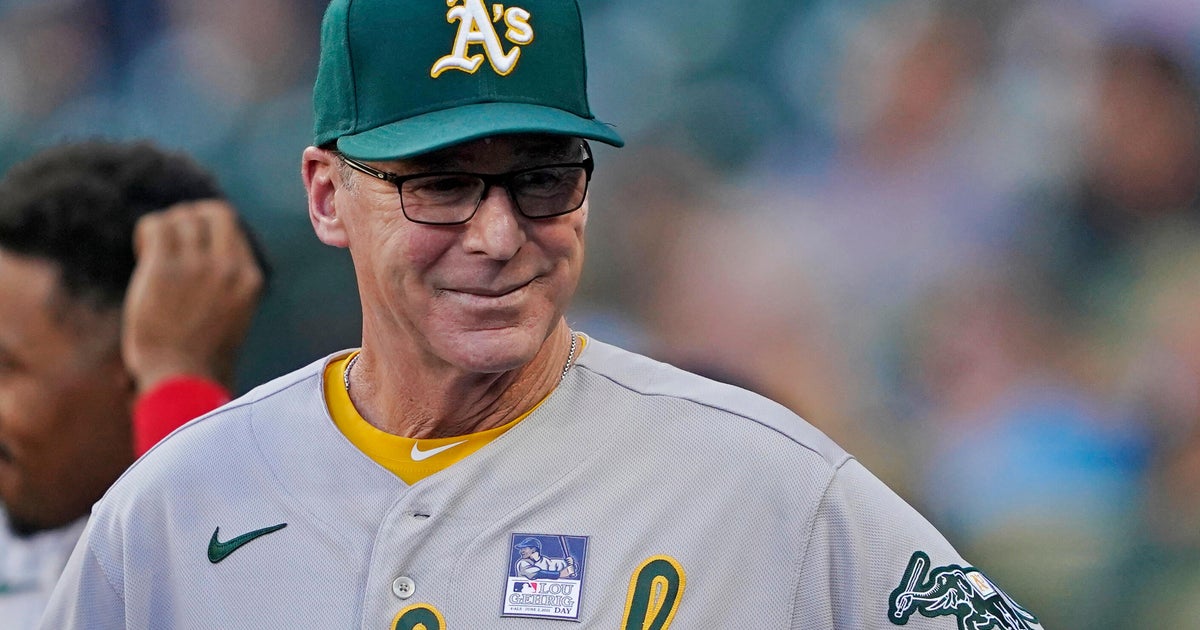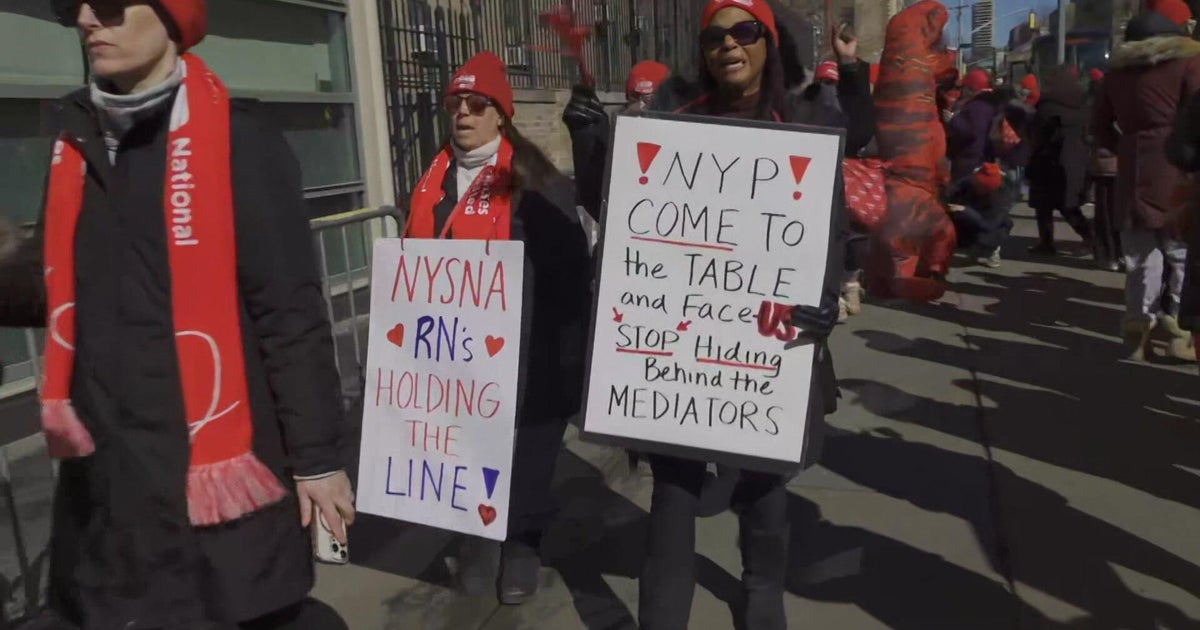Bruins Turning Power Plays Into Positives This Postseason
BOSTON (CBS) -- Ever since losing Marc Savard, "power play" has been a four-letter word in Boston.
The struggles and failures of the Bruins' power play has been well documented, with the team somehow overcoming an 11.4 percent success rate on the way to winning the 2011 Stanley Cup. Obviously, that team didn't make it easy on itself with that ineptitude on the man advantage, and if there is any hope for a repeat of Stanley Cup success, the power play is going to have to be much better.
So far, the Bruins appear to be on their way in that regard.
They entered Thursday night's Game 1 with a 15 percent success rate, after going 3-for-20 in seven games against the Maple Leafs. The first power-play score came from Nathan Horton in Game 1, a go-ahead goal in the first period that held as the game-winner. The Bruins then used two power-play goals, one from Patrice Bergeron and one from David Krejci, to help turn a 2-0 deficit into a 3-2 lead in the second period of Game 4 in Toronto, which the Bruins eventually won 4-3 in overtime.
The Bruins went 0-for-6 on the power play over the following three games, as they struggled to put away the Maple Leafs before the miraculous Game 7 comeback.
But in Game 1 against the Rangers, the power play played a major role in the 3-2 overtime win. After the Bruins fell behind early in the second period, the power play took the ice with the chance to tie things up. The first unit of Milan Lucic, Tyler Seguin, Bergeron, Jaromir Jagr and Zdeno Chara took to the ice but couldn't get a goal. After about 90 seconds on the man advantage, over the boards went Krejci, Brad Marchand and Horton, along with rookies Dougie Hamilton and Torey Krug on the back end.
Deep in the Boston zone, Krug chipped the puck to Marchand, who carried with speed all the way to the Rangers' zone. He fed it back to Hamilton, who then passed to Krug, who let loose a slapper on net that beat Henrik Lundqvist.
As the call on TSN went, "Torey Krug, his first National Hockey League goal ties a playoff game in the third."
It was a huge moment with a huge impact.
"For his first goal," Claude Julien said of Krug, "he couldn't have asked for better timing."
The power play would not score in its next two opportunities, however, it was the relentless work of the power-play unit in the overtime that completely tilted the ice in Boston's favor. Players and coaches from both teams both spoke freely about how the Bruins' power play, which registered six shots on net and another off the crossbar in the two minutes, determined the way the overtime period would play out.
The Bruins kept pouring it on, outshooting the Rangers 9-3 the rest of the way, capped off with Marchand's game-winning redirect of a Bergeron feed from the corner.
It wasn't the power-play unit that got that puck across the goal line for the game-winner, but the team did use that two minutes to create momentum and confidence, rather than giving it to the other team.
"That's what you need your power play to do," Marchand said. "Obviously, we didn't have the best power play all year [14.8 percent, 26th in NHL], but we're starting to come around. If we're not scoring, then we're getting some opportunities. You want to get some momentum off of those. In overtime especially, we had some really good opportunities but we didn't finish. We just seemed to feed off of that and played very well after that."
And it's because of that power play -- and not despite the power play -- that the Bruins won Game 1. It's a change of pace that is most certainly welcome on Causeway Street, and if it continues, it could be the difference between a late May playoff exit or a trip to the conference finals.
Read more from Michael by clicking here, or find him on Twitter @michaelFhurley.







